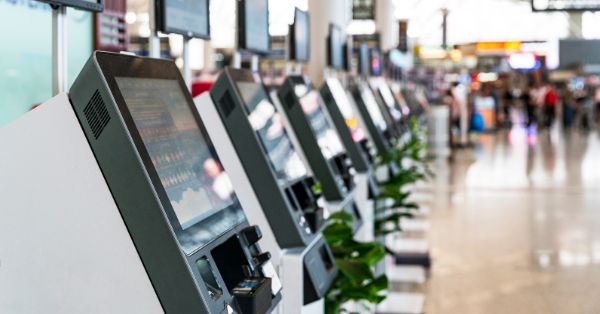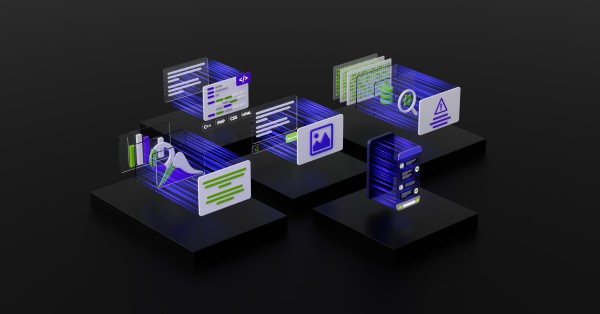Artificial Intelligence (AI) and automation are significantly transforming the telecommunications sector in India, enhancing network efficiency, customer experience, and operational agility. The journey of AI integration within this sector commenced in the early 2010s, focusing initially on automating routine tasks and enhancing network management. By 2015, leading telecom operators began pilot projects to explore further AI capabilities, including predictive maintenance and customer service automation, aimed at reducing costs and boosting service reliability.
In 2023, the Telecom Regulatory Authority of India (TRAI) made a critical recommendation for a broader deployment of AI technologies throughout the industry. This move marked a pivotal shift, urging telecom companies to integrate AI into core operational areas such as network optimization, fraud detection, and customer engagement. By 2024, the telecom sector had fully embraced AI and automation, showing substantial investment returns and setting a precedent for future technological integrations.
AI Adoption Trends and ROI in India’s Telecom Sector
A report by KPMG highlighted that 55% of technology, media, and telecommunications organizations in India have implemented AI at scale, and 37% are in the process of expanding their AI initiatives. An impressive 67% of these companies have reported returns exceeding 10% on their AI investments. This underscores the financial viability and beneficial impact of AI in Indian telecom sector.
The rapid deployment of 5G technology has significantly accelerated AI integration. By October 2024, India had installed over 460,592 5G base transceiver stations, with user numbers soaring past 125 million. AI has been instrumental in managing the increased data traffic, optimizing network performance, and offering personalized services to meet diverse user demands.
Leading telecom operators like Reliance Jio have spearheaded the adoption of AI and automation. Reliance Jio developed JioBrain, an in-house AI platform utilizing digital twin technology for advanced network planning and operations. Additionally, the company launched Reliance Jio AI Cloud to provide businesses and developers with robust AI-driven solutions.
Other major players such as Vodafone Idea and Bharti Airtel are also leveraging AI to streamline network operations and enhance customer services. Bharti Airtel‘s Nxtra is at the forefront of AI-driven data centers focusing on energy efficiency and capital utilization, while Vodafone Idea utilizes AI-powered automation tools to improve its service offerings.
Key Barriers to AI Implementation in Indian Telecom
Despite substantial progress, several challenges hinder the full-scale adoption of AI and automation in India’s telecom sector. These challenges include cost optimization, integrating AI with existing infrastructure, and a notable shortage of skilled AI talent. Additionally, heightened concerns over data privacy and security have emerged as telecom companies handle increasing volumes of sensitive consumer data.
Regulatory disparities between telecom service providers and over-the-top (OTT) platforms also create an unbalanced competitive environment. Telecom operators are subject to stringent licensing and privacy regulations, whereas OTT platforms often operate under less restrictive conditions. Industry bodies like the Cellular Operators Association of India (COAI) have advocated for more stringent privacy and traceability rules on OTT services to ensure fair competition and maintain a level regulatory landscape.
What’s Next: AI, 6G, and India’s Telecom Roadmap
The outlook for AI and automation in India’s telecom sector remains highly promising, supported by government-backed initiatives and ongoing industry advancements. The Bharat 6G Vision initiative, for instance, aims to position India as a leader in 6G technology, targeting a significant share of global 6G patents.
Projected to reach a market size of USD 17 billion by 2027, India’s AI sector is experiencing rapid growth. The country holds the second-largest global AI talent pool, with 420,000 professionals. Over the past year, the technology industry has seen a growth of over 15% in AI-related jobs, with AI engineer roles increasing by 67% annually. This trend highlights India’s commitment to nurturing a robust AI ecosystem, extending beyond traditional IT services and paving the way for innovative AI-driven solutions.
As India continues its journey in enhancing AI and automation capabilities, the telecom sector is set to benefit immensely. These technologies are poised to drive significant improvements in innovation, operational efficiency, and customer satisfaction across the nation.




























